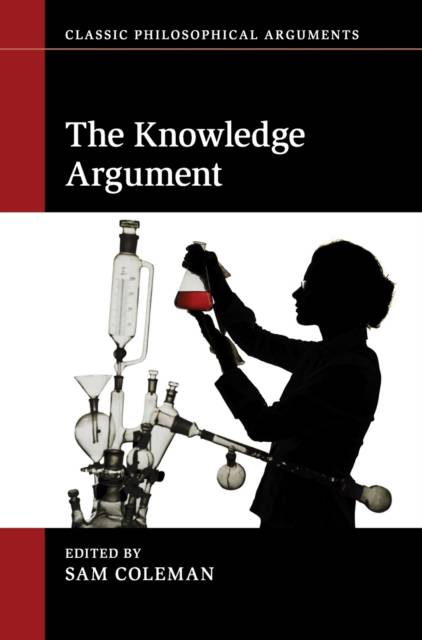
- Afhalen na 1 uur in een winkel met voorraad
- Gratis thuislevering in België vanaf € 30
- Ruim aanbod met 7 miljoen producten
- Afhalen na 1 uur in een winkel met voorraad
- Gratis thuislevering in België vanaf € 30
- Ruim aanbod met 7 miljoen producten
Zoeken
Omschrijving
Frank Jackson's knowledge argument imagines a super-smart scientist, Mary, forced to investigate the mysteries of human colour vision using only black and white resources. Can she work out what it is like to see red from brain-science and physics alone? The argument says no: Mary will only really learn what red looks like when she actually sees it. Something is therefore missing from the science of the mind, and from the 'physicalist' picture of the world based on science. This powerful and controversial argument remains as pivotal as when it was first created in 1982, and this volume provides a thorough and incisive examination of its relevance in philosophy of mind today. The cutting-edge essays featured here break new ground in the debate, and also comprehensively set out the developments in the story of the knowledge argument so far, tracing its impact, past, present, and future.
Specificaties
Betrokkenen
- Uitgeverij:
Inhoud
- Aantal bladzijden:
- 308
- Taal:
- Engels
- Reeks:
Eigenschappen
- Productcode (EAN):
- 9781107141995
- Verschijningsdatum:
- 19/09/2019
- Uitvoering:
- Hardcover
- Formaat:
- Genaaid
- Afmetingen:
- 181 mm x 250 mm
- Gewicht:
- 635 g

Alleen bij Standaard Boekhandel
+ 320 punten op je klantenkaart van Standaard Boekhandel
Beoordelingen
We publiceren alleen reviews die voldoen aan de voorwaarden voor reviews. Bekijk onze voorwaarden voor reviews.







